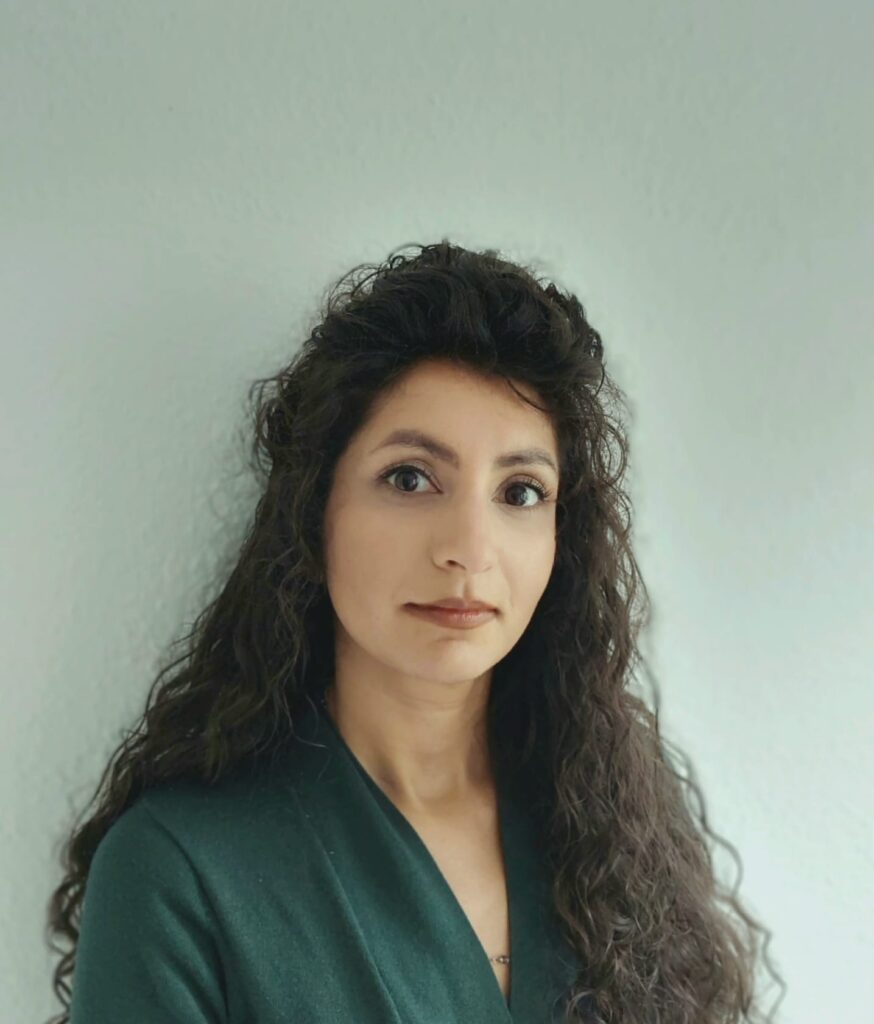
The following testimony is from Dr. Vedika Kundi, a medical doctor (MD) with a Master of Public Health (MPH), specializing in digital health. During her internship with Women4GlobalFund (W4GF), she explored how medical and technological expertise can be integrated into feminist advocacy to advance health equity and gender justice.
During my time as an intern at Women4GlobalFund (W4GF), I had the unique opportunity to witness how a background in medicine and digital health can actively contribute to global advocacy efforts—especially those that center gender equity and community-driven health responses.
From day one, I was immersed in a range of activities that deepened my understanding of feminist health advocacy. I represented W4GF in international webinars, synthesized insights through a gender lens, contributed to the development of a new E-learning initiative, mapped potential partners, and supported the drafting of a grant proposal. My research touched on pressing topics such as public participation in evidence (PPIE), Women Who Use Drugs (WWUDs), feminist funding ecosystems, and how digital health intersects with gender inequality.
Through this experience, several key lessons emerged that I’ll carry forward in my advocacy and professional life:
💡 Advocacy Requires Multisectoral Skills
Advocacy is far more than just raising a voice—it involves research, relationship-building, and strategic planning. At W4GF, I collaborated with a diverse range of stakeholders: from grassroots activists to civil society leaders, parliamentarians, and global health experts. These collaborations illustrated the power of cross-sector dialogue in driving inclusive and sustainable change.
🌐 Digital Health Must Be Gender-Sensitive
As a digital health physician, I was especially drawn to work exploring how education technologies can better serve women in the Global South. Participating in a session on “Bridging the Gender Gap in Digital Health” underscored the urgency of creating participatory, culturally-relevant, and gender-transformative tools that leave no one behind.
🤝 Diplomacy and Partnerships Matter
In today’s polarized world, advocating for gender equality demands both conviction and diplomacy. My time at W4GF showed me how building strong, values-driven partnerships is essential for mobilizing effective responses to gender-based disparities in health and beyond.
📊 The Power of Disaggregated Data
For advocacy to be truly evidence-based, it must be grounded in data that reflects the lived realities of all people, particularly those at the intersections of gender, race, class, and geography. I learned how critical it is to push for disaggregated data collection and use—especially when advocating for women and marginalized communities.
✊ Decolonizing Feminist Practice
Perhaps most importantly, I came to appreciate the need to apply decolonizing feminist principles across all levels of global health—whether in funding mechanisms, research, health service delivery, or organizational governance. Supporting bottom-up, community-led efforts is essential for meaningful and lasting transformation.
I am deeply grateful to the entire W4GF team for creating a supportive and collaborative environment that allowed me to grow, contribute meaningfully, and deepen my commitment to health equity and gender justice.
